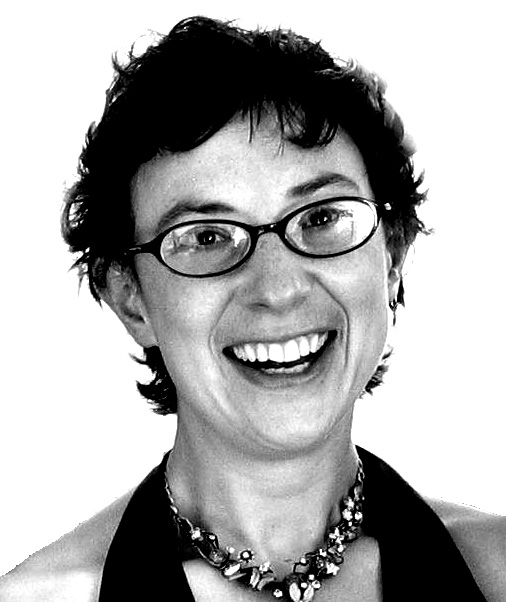It’s taken us a while, but today, at last, the members of Doncaster Skate Co-operative finally played Co-opoly, the game of setting up a worker co-op. Several ‘chance’ cards mirrored real life – being featured in the paper, getting co-op governance training and the unexpected costs of asbestos removal all elicited squeaks of recognition.
I’ve been pushing to do this since before we took over the skate park in March, because it’s such a good exercise in practising collective decision-making: shall we take the risk presented by this opportunity? How can we manage our personal and collective money to mitigate the risk of going bankrupt and losing?
Since last week’s board meeting for the new worker co-ops federation, I seem to be seeing everything through the lens of risk.
Workers.coop is still in early stages of developing policies and procedures, but recent upsets have pushed the need for a risk register higher up the list of priorities.
For those of you not familiar, a risk register rates both the likelihood and the impact of bad things happening, with some notes about what the organisation should do to avoid things being very bad. It’s an exercise in imagining the worst.
It’s something our social democratic, wealthy, corporate society seems quite obsessive about and I’m convinced it’s terrible for us in loads of ways.
As pedestrians, we are tramelled by barriers to keep us safe from the dominant, dangerous cars; as women, we are advised against walking around alone in case of the dominant, dangerous men; as businesses, we create rules and contracts that run to dozens of pages, listing all the possible ways the other party might behave in bad faith.
If you work with young or vulnerable people, you’ll likely have to do some safeguarding training. I was unfortunate enough to be in the same room with someone doing it online, and fortunate enough that I could choose to leave and not have to sit through it – a litany of all the ways people can find to abuse positions of power, or accuse other people of abuse, combined with a binary narrative of victims and perpetrators.
It’s so thoroughly depressing – society creates and reinforces this mindset of being constantly wary of other humans, of dehumanising people as weak or bad, of reliance on faceless bureaucracy and rules for safety, and of fear that you might forget the procedures or accidentally break the rules and find yourself accused or disadvantaged.
It’s a dystopian world, of individualised, divided, ruled people.
And to change it we need to turn the risk register on its head:
- What is the risk of NOT challenging hierarchy and bureaucracy?
- What is the risk of NOT building strong relationships and confident, powerful people?
- What is the risk of NOT defending our sense of self from capitalism and all the social ‘isms’ that advantage some people over others?
- What is the risk of NOT feeling part of the ecological web, of NOT feeling the pain of exploitation of other humans, animals and the earth?
- What is the risk of NOT sharing, of NOT developing collective capacity and power, of NOT practising collective creativity?
Because… all the procedures and the rules don’t protect us from climate change, biodiversity loss, exploitation, pollution or structural social harms. They don’t protect us from aggressive police, neglectful carers, corrupt politicians, rapacious businesses.
The things that protect us are love, courage, knowledge, wisdom – collective care and working together to meet our shared needs.
The problem is that, while that is true, we are all socialised otherwise. It can be difficult to find the courage to trust and the tenacity and determination to keep being our best selves, to keep our minds and hearts open and strong, even when we get hurt.
When we turned up at Bentley Urban Farm on Saturday, someone had tried, very determinedly, to break in. Although they didn’t manage it, they did break a costly double-glazed window and we spent the day clearing up, fixing the damage and adding more locks.
We choose to continue taking the risk of not fitting cameras. We choose to continue taking the risk of putting love and time into keeping the farm open, although we don’t get paid in money.
We choose to welcome people excluded from other parts of society and to maintain the farm as a place of refuge, hope and creativity. Because, honestly, it’s less stressful to repair things collectively, and it’s more fun to be curious and open and excited to see people, than to live with distrust and fear.


